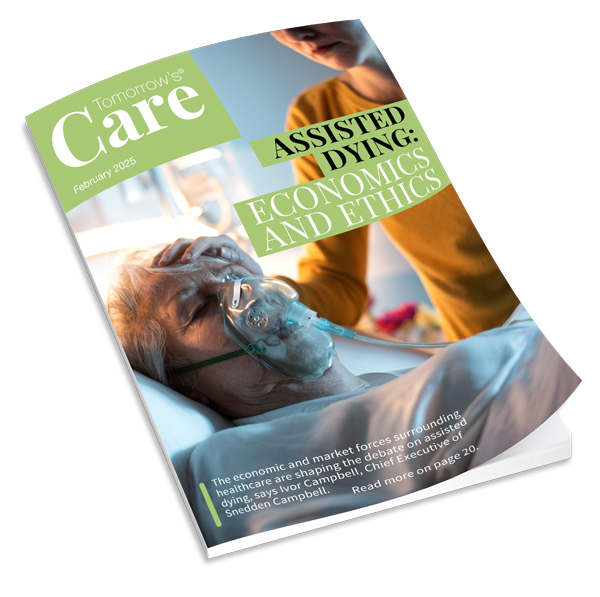You are here
- Home
- >
- Sustainability
- >
- Industry leaders speak out about next step after Brexit vote
Industry leaders speak out about next step after Brexit vote

Published on 28/06/2016
Industry leaders have voiced their concerns about the impact last Thursday’s vote to leave the European Union will have on the UK’s NHS, healthcare and social care services.
During this period of uncertainty leading voices from within the industry are speaking up to advise government on the best ways to tackle any challenges.
The National Care Association has said the social care sector is likely to be ‘polarised by an inability to recruit a European workforce’ following a Brexit.
The Association are calling for the care sector to unit to create ‘positive and sustainable’ solutions to overcome these challenges and urging politicians to ensure that ‘all steps are taken to deliver manifesto pledges.’
National Care Association’s Executive Chairman, Nadra Ahmed OBE said: “The challenges of recruiting and retaining social care staff has created substantial issues for providers, it is therefore crucial that, as we plan our exit of the EU member states over the coming weeks and months, we remain focused on the sectors challenges.
“National Care Association will continue to ensure that we engage with government on the many fronts which will impact on the small and medium sized care providers. It is essential for our country to demonstrate that, as a society we recognise the value of essential care and support services for the frailest and most vulnerable members of our community.”
The Economist Intelligence Unit (EIU) has estimated that a vote to leave the UK means NHS spending would be £135 lower per head, than if the UK were to remain in the UK. The EU said close to 10,000 doctors and 19,000 nurses in the NHS who come from EU countries would have an uncertain future as a result of the leave result.
Commenting on the public’s vote to leave the European Union, Stephen Dalton, Chief Executive, NHS Confederation, said: "The NHS has broadly benefitted from being in the EU and leaving it will undoubtedly have implications which are yet to be clearly understood. The priorities for those who lead and are on the frontline of delivering NHS funded services are the sustainability and quality of patient care.
“It is impossible to predict the full impact at this stage, but clearly it is vital that our government seeks a strong, nuanced agreement with the European Union that recognises how interwoven NHS and EU policies have become.
“NHS organisations and our partners in social and community care will be anxious to see how this decision affects recruitment, economic stability, legislation and their local efforts to transform care.
“The NHS’s top priority will be to adapt to the new circumstances and continue its high quality services for patients. The NHS Confederation, through our European Office will be working in Brussels and the UK to ensure the needs of the NHS and its patients are understood throughout this process.”
Related News
Categories
- CQC ratings
- Care home news
- Care jobs
- Care planning
- Care sector awards
- Care sector events
- Care sector news
- Care staff
- Charity
- Cleaning & Hygiene
- Construction
- Dementia
- Disability
- Entertainment
- Finance
- Fitness
- Food & Drink
- Fundraising
- Furniture
- Health & Safety
- Healthcare
- Hospice & Palliative Care
- Hospitals
- Industry Comment
- Interiors
- Laundry
- Legal
- Leisure
- Medication
- Mental Health
- Mobility
- New appointments
- PPE
- Products
- Property
- Recruitment
- Relationships
- Research
- Safeguarding
- Security
- Services
- Social care
- Sustainability
- Technology
- Training
- Transport
- Uniforms
- Waste
- Wearables

























